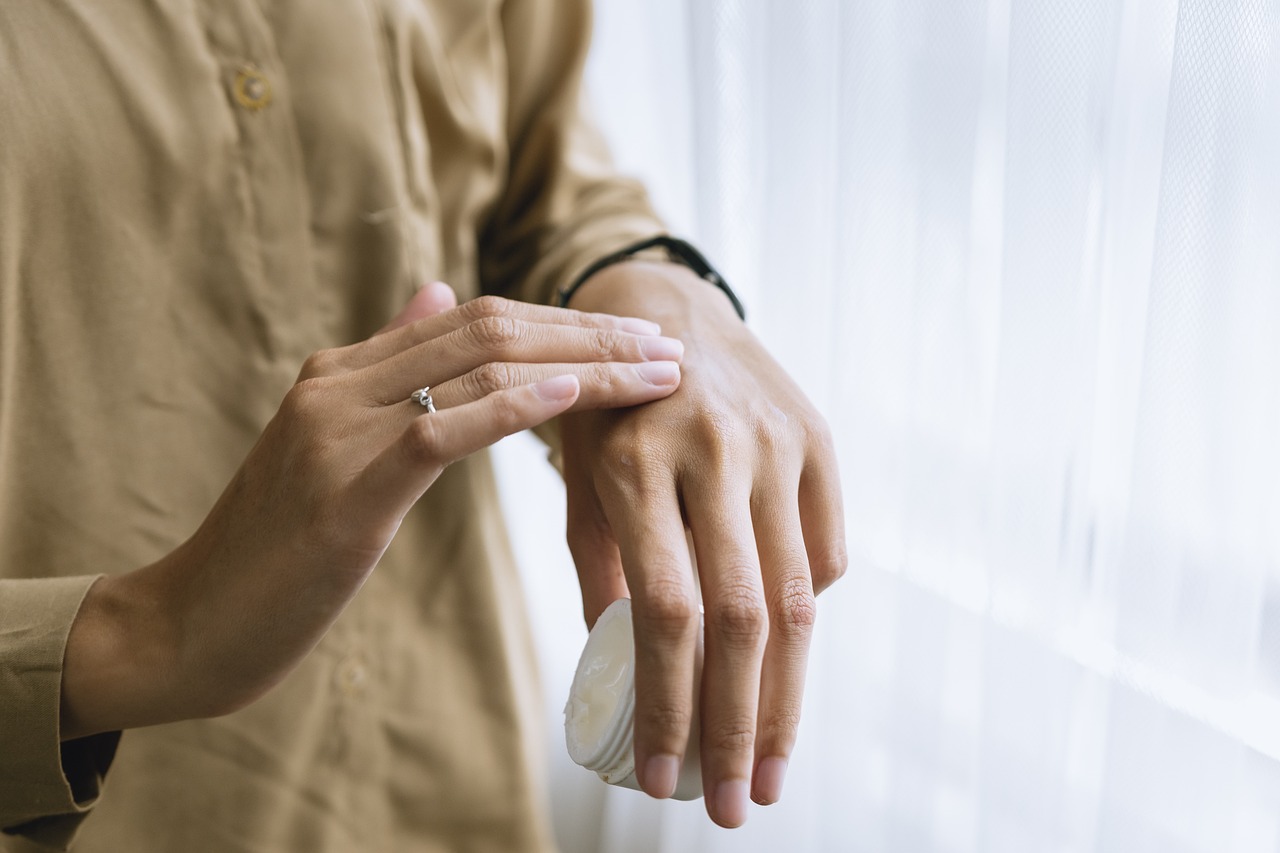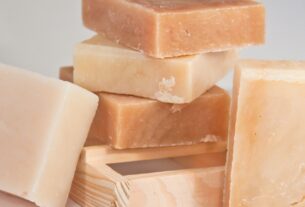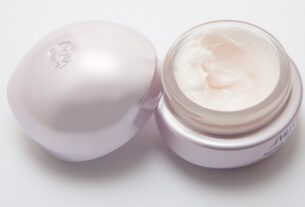Have you ever found your skin feeling uncomfortably tight or noticed flaky patches forming, particularly during colder months? Often, dry skin can sneak up on you, leading not only to discomfort but also to more serious skin conditions if left untreated. It’s a common issue, but happily, there’s a lot you can do to treat and prevent it effectively. Let’s dive into the details and get you on the path to smoother, better-hydrated skin.
Understanding Dry Skin
What is Dry Skin?
Dry skin, medically known as xerosis or xeroderma, occurs when your skin lacks sufficient moisture. It can be a temporary issue related to environmental factors, or a chronic condition that requires ongoing management. Dry skin typically feels rough, looks scaly or flaky, and can sometimes be so severe that it cracks and bleeds.
Causes of Dry Skin
Understanding the root causes can make a world of difference in effectively treating dry skin. Some of the common causes include:
- Environmental Factors: Cold weather, low humidity, and excessive sun exposure can all strip the natural moisture from your skin.
- Hot Showers and Baths: Prolonged exposure to hot water can wash away natural oils.
- Harsh Soaps and Detergents: These products can be tough on the skin, removing essential oils that keep your skin hydrated.
- Age: As you age, your skin naturally becomes thinner and less oily, making it more prone to dryness.
- Medical Conditions: Conditions such as eczema, psoriasis, and hypothyroidism can make your skin more susceptible to dryness.
Preventing Dry Skin
Prevention is often the best cure. By taking some proactive measures, you can avoid or minimize the chances of dry skin making an appearance.
Choose the Right Skincare Products
Selecting the right skincare products is crucial. Here’s a quick guide to help you out:
| Product Type | What to Look For | What to Avoid |
|---|---|---|
| Cleansers | Mild, fragrance-free | High alcohol content, fragrances |
| Moisturizers | Creams or ointments with a high oil content | Water-based lotions, drying ingredients like alcohol |
| Sunscreens | Broad-spectrum with added moisturizers | Oxybenzone, fragrances |
| Exfoliants | Gentle, natural scrubs | Harsh particles, frequent use |
Hydration is Key
Drinking adequate amounts of water is fundamental for maintaining skin hydration. Aim for at least 8 glasses a day, more if you’re active or live in a dry climate.
Humidifiers Make a Difference
If you live in a dry environment, consider using a humidifier in your home, especially in your bedroom. This can help maintain moisture in the air, reducing the dryness of your skin.
Dress Smart for the Season
During colder months, wearing layers can help protect your skin from the harsh elements. Choose breathable fabrics like cotton which allow your skin to “breathe” and avoid materials that can irritate the skin.
Treating Dry Skin
When dry skin strikes, knowing how to treat the symptoms effectively can make all the difference.
The Importance of Moisturizing
Moisturizers are your first line of defense when it comes to dry skin. Apply them at least twice a day or whenever your skin feels dry. Here’s a guide on how to choose the best one for your skin:
| Skin Type | Best Moisturizer | Example Ingredients |
|---|---|---|
| Normal | Light lotions | Hyaluronic acid, glycerin |
| Dry | Heavy creams or ointments | Shea butter, lanolin |
| Oily | Oil-free, non-comedogenic | Aloe vera, squalane |
| Sensitive | Hypoallergenic | Ceramides, colloidal oatmeal |
Effective DIY Remedies
Sometimes, household items can become surprisingly effective in treating dry skin. Here are some DIY remedies that you might find helpful:
- Oatmeal Baths: Colloidal oatmeal can soothe itching and add moisture. To prepare, grind oats into a fine powder and add it to your bath.
- Honey Masks: Honey is a natural humectant, meaning it draws moisture into the skin. Apply raw honey to your face, leave it for 20 minutes, and rinse off.
- Coconut Oil: This can be a great overnight treatment for very dry areas like elbows and heels. Apply it generously before bed and wash it off in the morning.
Seek Professional Help if Needed
If your dry skin becomes severe, persistent, or is accompanied by symptoms like redness, swelling, or severe itching, it might be time to consult a dermatologist. They can perform tests to determine if there’s an underlying condition that requires specialized treatment.
Lifestyle Changes to Improve Skin Health
Balanced Diet
A balanced diet rich in essential fatty acids, vitamins, and minerals can go a long way in maintaining the health of your skin. Here are some nutrients to keep in mind:
| Nutrient | Benefits for Skin | Sources |
|---|---|---|
| Vitamin E | Protects against sun damage, moisturizing | Nuts, seeds, spinach |
| Omega-3 Fatty Acids | Hydrates skin, reduces inflammation | Fish, flaxseed, walnuts |
| Zinc | Supports healing, reduces inflammation | Meat, shellfish, legumes |
| Vitamin C | Boosts collagen production, promotes healing | Citrus fruits, berries, peppers |
Consistent Skincare Routine
Establishing and sticking to a consistent skincare routine can make a significant difference. Here’s a basic regimen to consider:
- Morning: Cleanser, serum, moisturizer, sunscreen
- Evening: Cleanser, treatment (if necessary), moisturizer
Adequate Sleep
Sleep is your body’s time to repair and rejuvenate. Aim for 7-9 hours of quality sleep per night to help maintain overall skin health.
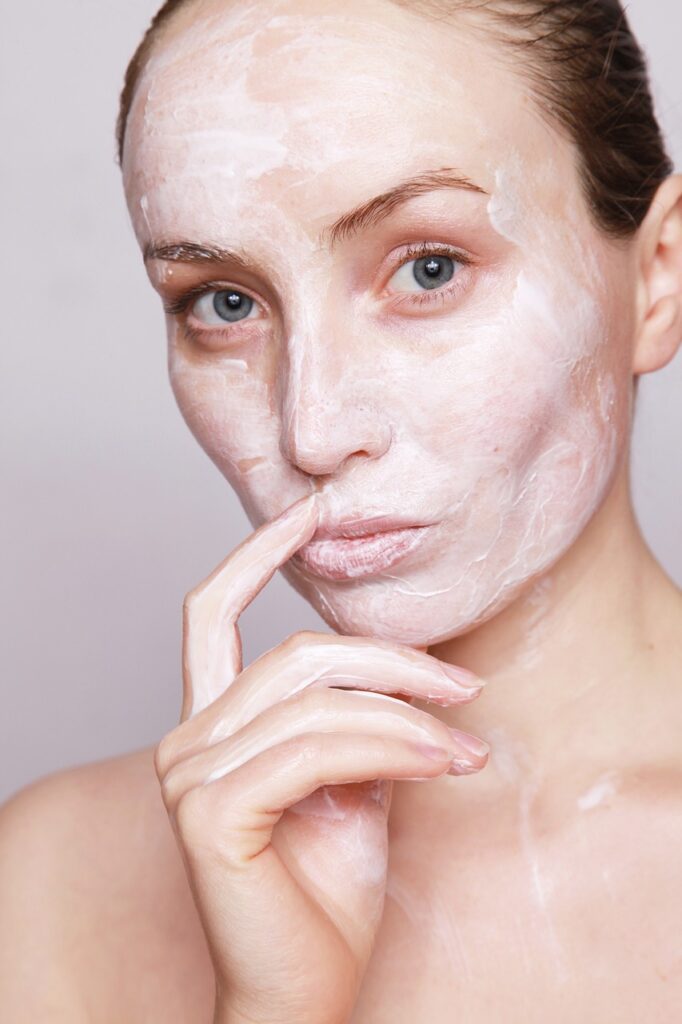
Different Seasonal Skincare Needs
Winter
Winter can be especially harsh on your skin due to cold air and indoor heating. Here are some tips:
- Use thicker, more emollient moisturizers.
- Avoid long, hot showers.
- Manage indoor humidity with a humidifier.
Summer
The summer months can also pose challenges due to sun exposure and higher temperatures. Some suggestions include:
- Use lightweight, non-greasy moisturizers.
- Apply sunscreen with a high SPF regularly.
- Stay hydrated by drinking plenty of water.
Special Considerations for Different Skin Types
Sensitive Skin
Sensitive skin requires gentle care. Look for hypoallergenic products and avoid anything with strong fragrances or alcohol.
Oily Skin
Oily skin can still become dry, especially if you’re using products that strip away too much oil. Opt for oil-free moisturizers and be mindful of not over-cleansing.
Aging Skin
As you age, your skin naturally becomes drier. Incorporate anti-aging products that focus on hydration and look for ingredients like hyaluronic acid and peptides.
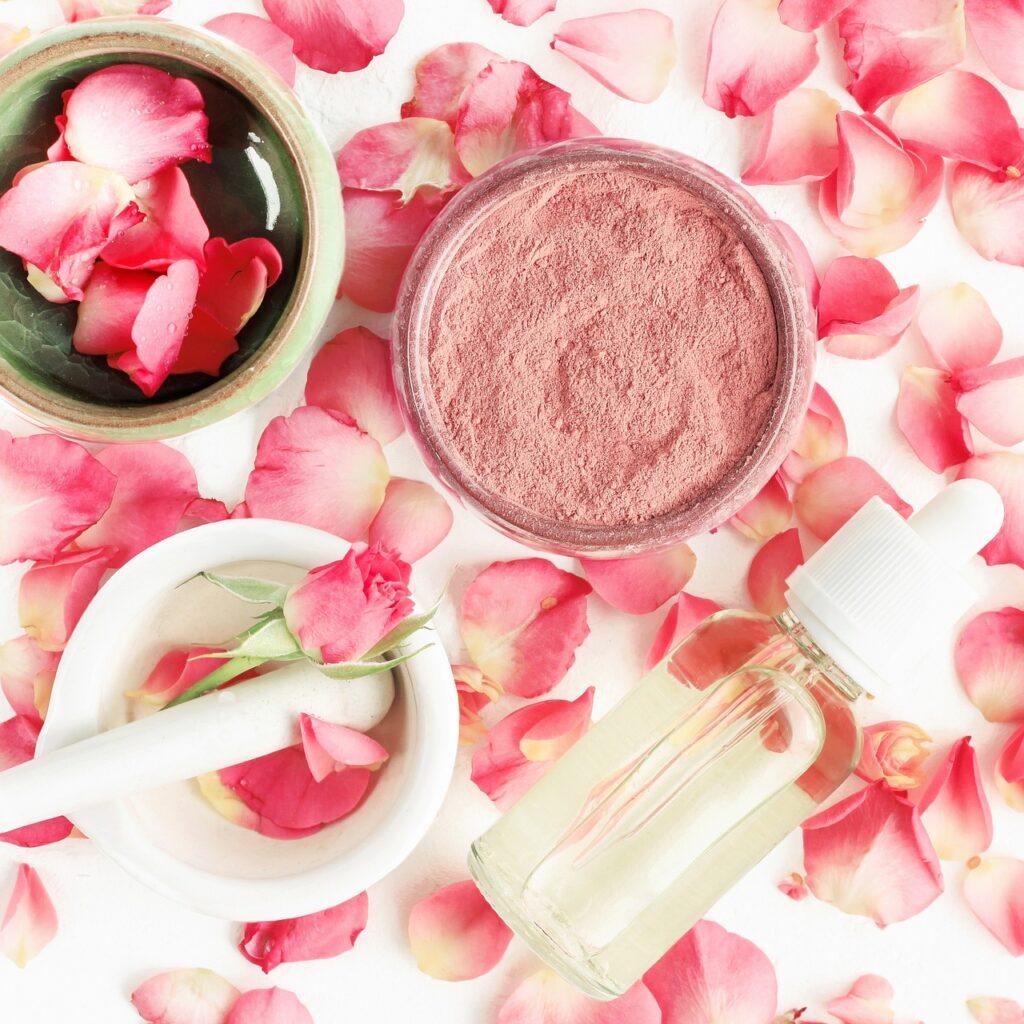
The Importance of Regular Skin Checks
Regularly examine your skin for any new or unusual changes. If you notice anything suspicious, like new growths or changes in existing moles, consult a healthcare provider promptly.
Conclusion
Dealing with dry skin doesn’t have to be a constant struggle. By understanding the causes and treatments, you can take proactive steps to ensure your skin remains soft, supple, and healthy. From choosing the right skincare products to staying hydrated and making necessary lifestyle changes, you have a variety of strategies at your disposal. So, embrace these tips and give your skin the care it truly deserves.
